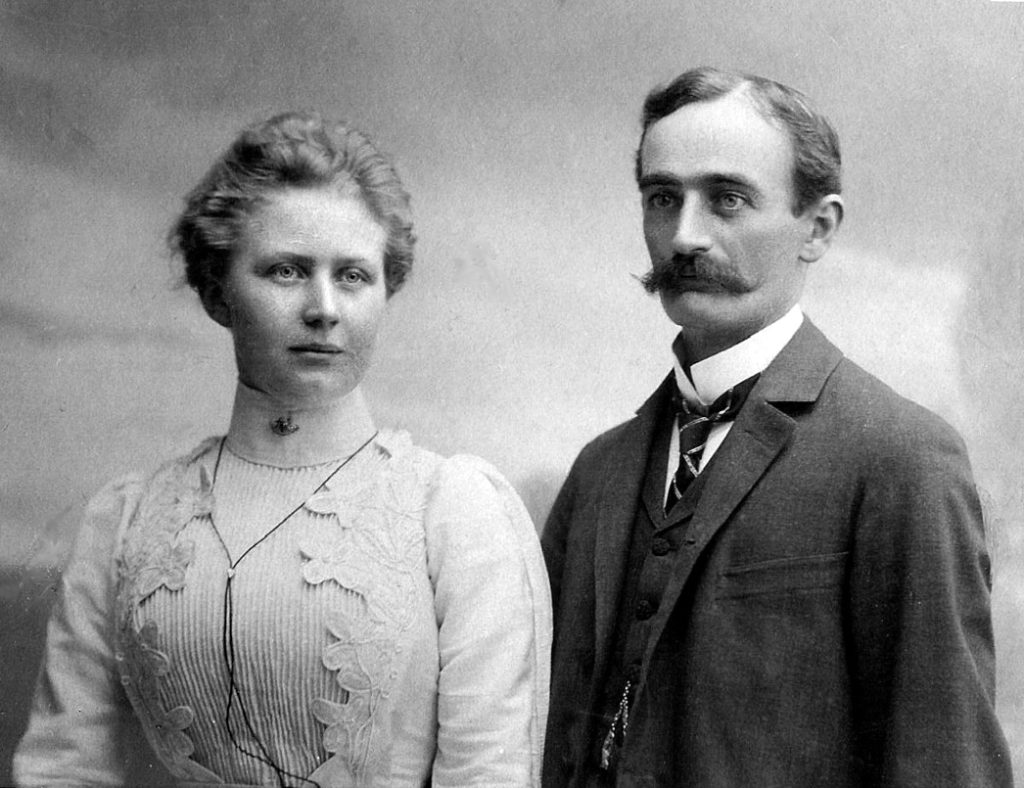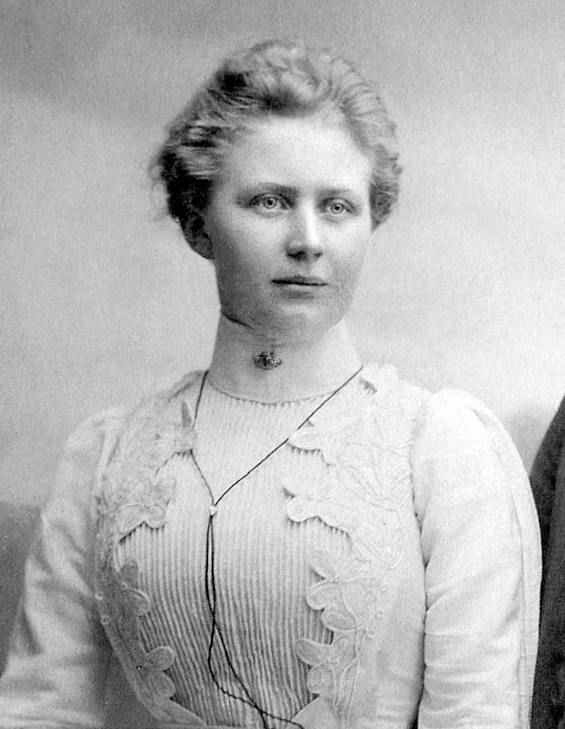Donald Trump’s proposed policy to end birthright citizenship, which he plans to implement upon taking office in January, targets the very principle that safeguarded his family’s place in the United States. While much attention has been given to how the 14th Amendment ensured his father, Fred Trump, was a U.S. citizen, it’s equally significant to note that Trump’s grandmother, Elisabeth Christ Trump, could have faced deportation under the restrictive policies he now supports.

A Family Story Rooted in Immigration
Elisabeth Christ Trump, Donald Trump’s paternal grandmother, was born in Kallstadt, Germany. She immigrated to the United States with her husband, Friedrich Trump, in 1902. Friedrich had become a naturalized U.S. citizen in 1892, but Elisabeth never naturalized and remained a German citizen throughout her life. The couple settled in New York, where Fred Trump was born in 1905. Thanks to the 14th Amendment, Fred automatically became a U.S. citizen by virtue of being born on American soil, despite his mother’s status as a non-citizen.

Had Donald Trump’s proposed policy been in place at the time, Elisabeth Christ Trump’s presence in the U.S. could have been questioned. His plan to end birthright citizenship and prioritize mass deportation of non-citizens could have targeted individuals like his grandmother, who lived in the U.S. but did not hold citizenship.

Trump’s Plan to End Birthright Citizenship
Donald Trump has vowed to end birthright citizenship, a policy rooted in the 14th Amendment, which was ratified in 1868 to guarantee citizenship to anyone born in the U.S., regardless of their parents’ citizenship. Trump has suggested he could achieve this through executive action, although legal experts widely agree that such a move would face significant constitutional challenges. In a recent interview, Trump dismissed birthright citizenship as “ridiculous” and pledged to “end it on day one.” This statement reflects a fundamental shift away from the principles that have long defined the United States as a nation of immigrants.

The Deportation of Elisabeth Trump
Under Trump’s proposed policies, Elisabeth Christ Trump’s status as a non-citizen would have made her vulnerable to deportation, particularly given his emphasis on strict enforcement against undocumented or non-citizen residents. Although she legally entered the U.S. with her husband, Friedrich, her failure to naturalize could have placed her at odds with a more restrictive immigration regime. This raises a poignant irony: Trump’s grandmother, the matriarch of the family that would one day rise to great wealth and power in the U.S., might have been forced to leave the country under the very policies her grandson now champions.

A Nation of Immigrants at Risk
The 14th Amendment and the principles of birthright citizenship have played a crucial role in the United States’ identity as a nation of immigrants. Trump’s policy, however, represents a sharp departure from this tradition, seeking to limit citizenship and potentially separate families. The policy would not only redefine the meaning of American citizenship but could also unravel the very fabric of stories like Trump’s own family’s.
If Trump’s policies had been in place a century ago, his grandmother’s life in the United States could have been upended, and the Trump family legacy in America might never have materialized. This contradiction highlights the complexities of immigration policy and the deeply personal stakes of the debate—a debate that, for Trump, intersects directly with his own history.





